Scottish patients are to receive fewer dental check-ups in the biggest shake-up of NHS dental services in years.
The manager of a Fife dental surgery has revealed most adults and children will be entitled to an examination just once a year – or even every two years – as part of the Scottish Government’s bid to reform the service.
Only those deemed to be at higher risk will continue to be reviewed every six months.
Robert Lockhart, of Saltire Dental Practice in Glenrothes, fears the change could have dire consequences for some patients.
And he predicts it will not stop stressed dentists from leaving the NHS, meaning patients will still struggle to access treatment.
He said: “A patient came in just this week to thank the dentist for saving his life because he picked up a cancer he didn’t have six months ago.
“It was detected at a routine examination and it saved his life.
“If he was receiving annual appointments, it could have been too late.”
Dentists are leaving the NHS
The reform also means NHS patients will be entitled to a smaller range of treatments after November, and prices for those who pay will increase by 6%.
It is aimed at halting the stream of dentists leaving the NHS as they struggle to provide treatment at a loss.
The Scottish Government says there will be a greater focus on preventative care while cutting bureaucracy for dentists.
Robert, 47, added: “The information has been held back but people need to know what’s happening.”
Saltire Dental Practice has told its 6,500 patients it will no longer be undertaking NHS work from November.
One of its two NHS dentists has left and Robert is unable to recruit another.
No other dentist in Fife is accepting new NHS patients, leaving people with little choice but to sign up to a private plan costing £20 per month.
Long-term patient Ian Sloan said earlier this month he felt as if he’d been “shafted”.
But Robert, who runs the practice with wife Kerry, said they had no choice.
‘NHS has failed but it’s not the workers’ fault’
He said: “We’ve been muddling through the last three years at a massive loss, just trying to look after patients.
“The NHS has failed but it’s not the workers’ fault.
“We have dentists who see 40 or 50 patients a day then they’re working until 9 or 10pm writing up notes.
“At the end of the day, they’re taking home the equivalent of the minimum wage.
“The money they receive from the NHS for the work they do isn’t enough to cover their costs.”
Huge backlog of patients
Robert revealed the practice is still trying to catch up on a backlog of appointments that built up during the Covid lockdown.
And he said it was impossible for one NHS dentist to meet the demand.
“I can’t see a dentist either and I work here,” he said.
“There are no NHS dentists. You can’t get one because no-one will do it.
“Some practices are offering a £20,000 golden handshake and still no-one will do it.
“So yes, reform is needed. But cutting appointments will lead to a problem that’s 100 times worse than we saw after Covid.
“No-one knows what the full consequences will be.”
Scottish Government: Appointments decided by clinical need
In a letter to dentists on July 27, Scotland’s public health minister Jenny Minto said: “This is the biggest change to NHS dental services in many years.”
Responding to Mr Lockhart’s points, she added: “Clinical need will decide if patients require extensive examinations every one to two years, with the option for review examinations in between times as often as the dentist thinks necessary.
“These appointments will continue to be free for everyone in Scotland – the only country in the UK to offer this.
“Payment reform gives NHS dentists a new suite of fees incentivising a full range of NHS care and treatment.”
The minister said some new options would be covered, including preventative fissure sealants for adults.
This is to ensure treatment is available to maintain good oral health.
And she said: “We understand that in certain areas NHS dental access is challenging.
“We are continuing to work closely with NHS boards to ensure they have the necessary support to offer continuity of NHS care to patients, with grant support being offered in some NHS Fife areas.”

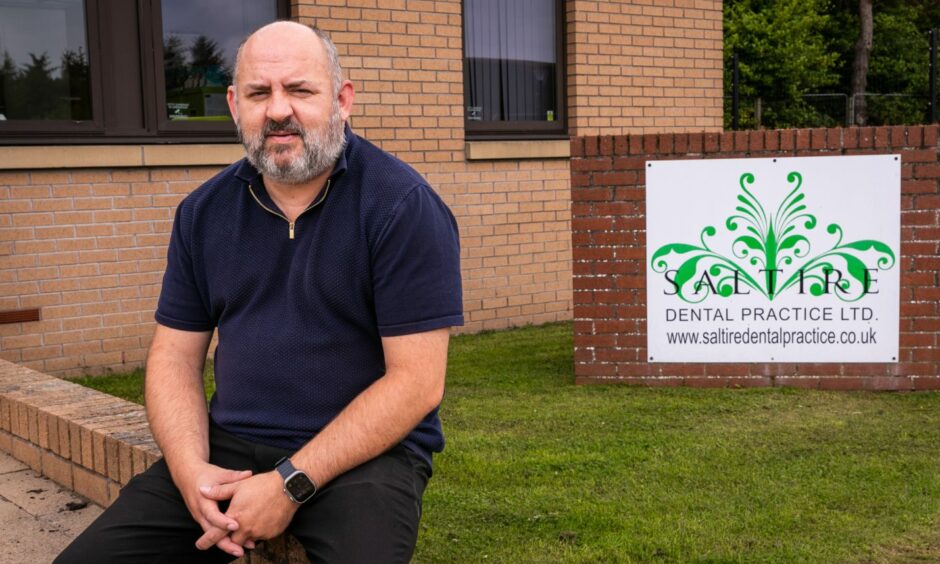
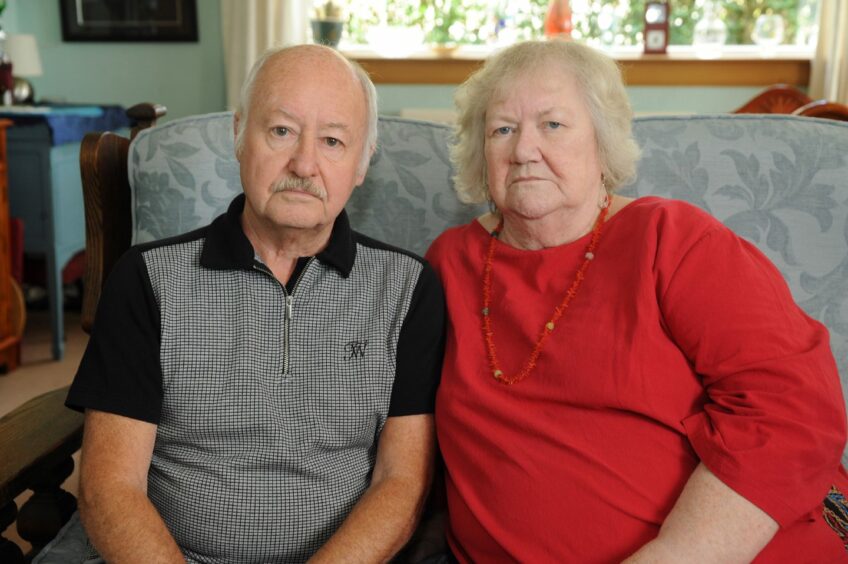
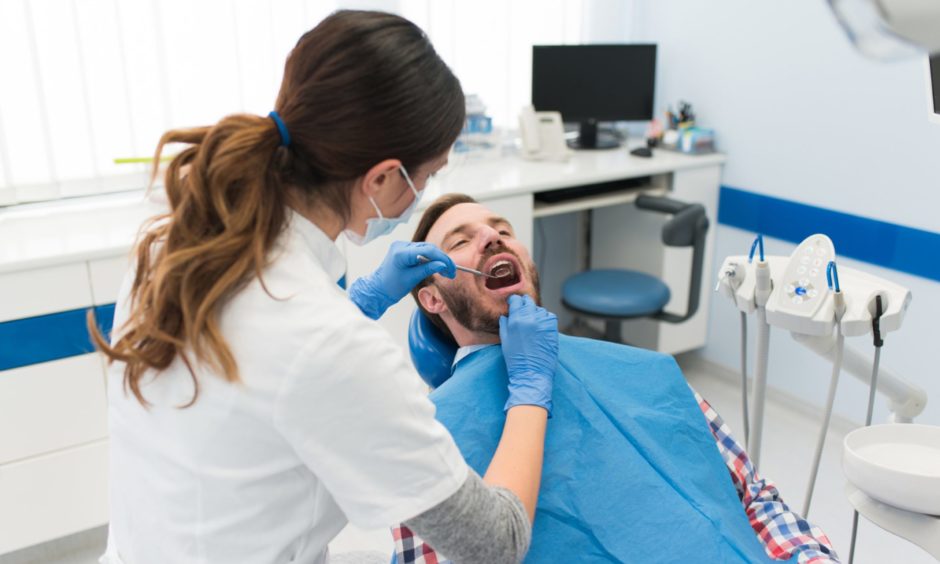
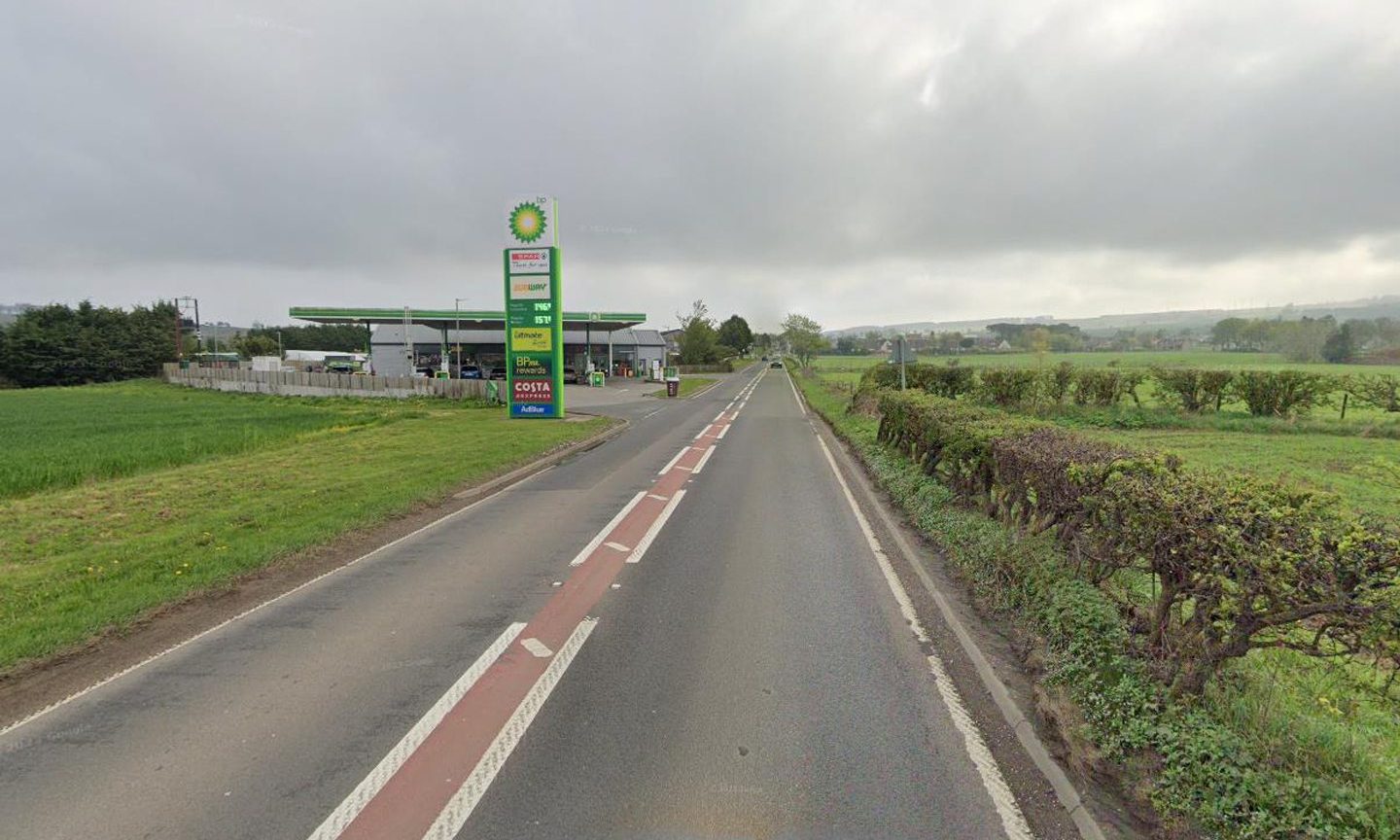


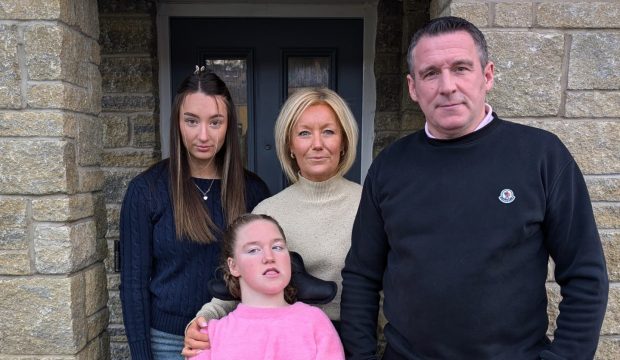
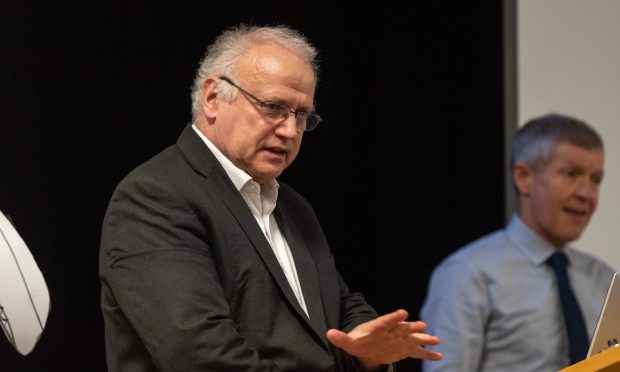





Conversation